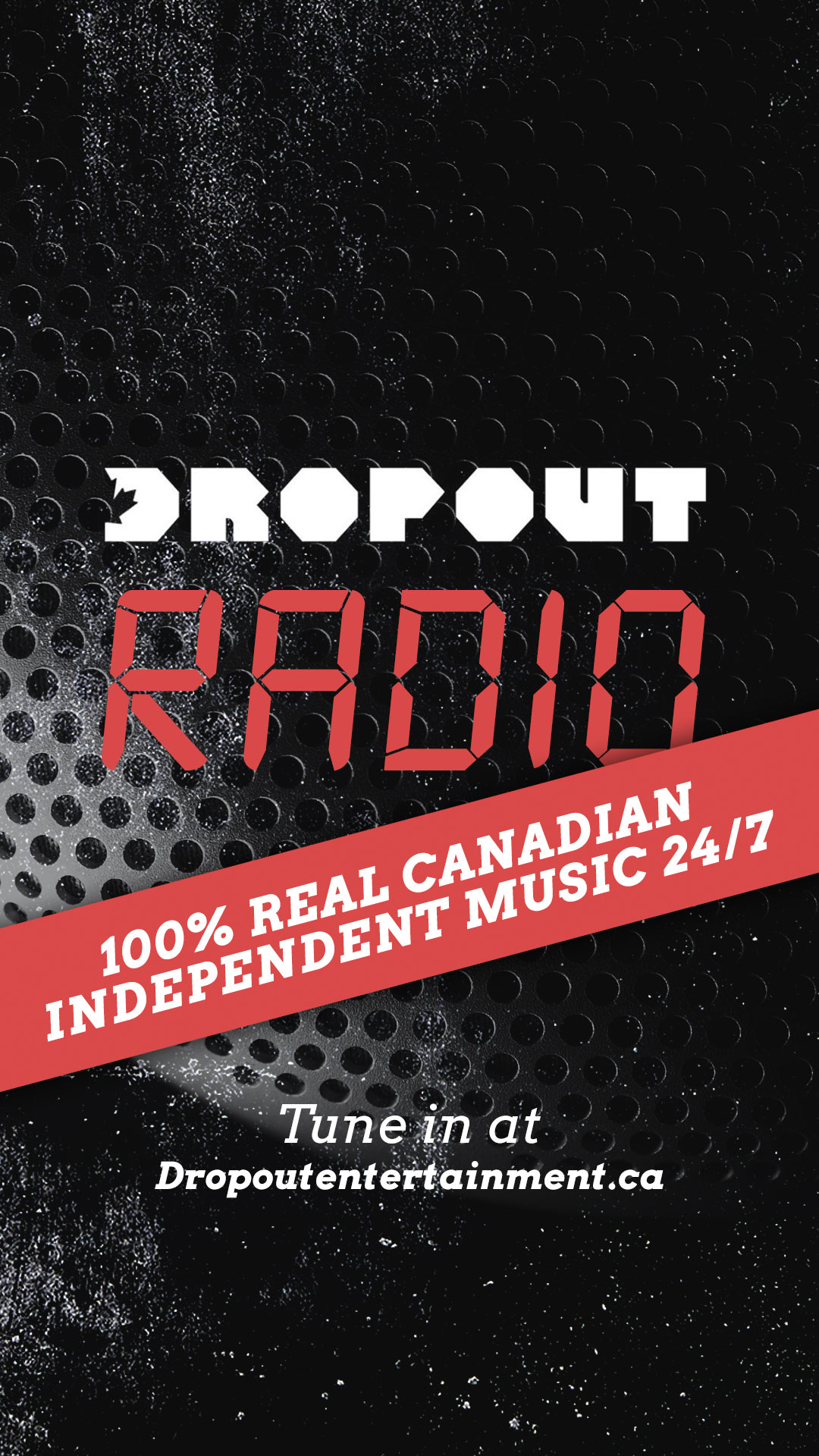Why You Should Consider Sponsorship in Your Marketing Plan
Is sponsorship a good form of marketing?
The short answer is yes, it certainly can be if used intelligently and alongside other forms of marketing. The reality is that as a sponsor, even a presenting sponsor, you’re always going to be second to the thing, event or organization you’re getting behind as a sponsor, so right from the get-go your brand is not the central focus of any promotion, so it’s not a bad idea to make sure you’re brand is visible elsewhere during the same time period and within the same market, to maximize brand-recognition and brand-recall among those exposed to it.
First, let’s take a look at some of the benefits of sponsorship:
Brand Association
Playing second fiddle to another brand is not always a bad thing. Brand association is a strong marketing tool, and getting behind a quality cause or organization with a quality message can easily help elevate your brand to another level in people’s minds. If you’re an office supply store chances are your perceived brand is pretty dry, but if you’re an office supply store that sponsors a child education fund – for instance – your office supply brand can express itself as a more caring organization, inspiring people to care about your brand for more than just what you sell, but for what you do. What’s true in life is true in business, if you do good things, good things will come to you.
New Audience Exposure
One of the main reasons we at Toronto Creatives choose to sponsor events is the audience growth potential it brings. In some cases, the entity you’re sponsoring has a much larger audience than you can typically reach – either because of budget or the overall subject-matter being more consumable to a wider audience.
Personal Association
Along the same lines as a brand association, the personal association often goes in-line with sponsoring an artist or an athlete – something tied more to an individual your support than a cause. This can provide your organization a more personalized feel – while remaining at arm’s length, mostly for legal reasons. A spokesperson who does good things and fosters positivity in their audience will bring that energy to your brand.
In-Market Exposure
This is a tricky one, the fact is that many media professionals specialize in something(s) and it can be extremely beneficial to be visible at an event that involves several potential new clients in the same industry that you or your team specializes in. While you probably shouldn’t take on a new client that is an industry competitor to one of your current clients – there is nothing wrong with meeting a new client in a parallel vertical. For instance, if your client was Air Canada, you would think twice before pursuing Delta or American Airlines as a client – but you could arguably do well sponsoring a travel conference. Many tourism verticals don’t compete directly with your hypothetical airline client.
Which brings us to the pitfalls and some things to watch out for.
Avoid the wrong brand for your brand
Brand association works both ways, you get to be separate but when you sponsor something the association is there and people get very vocal when things go wrong – as they should – and that’s a feeling your brand has to be associated with. This may end up costing you in the long run.
Avoid low audience numbers
As I said before you’re second to the thing or entity you’ve decided to sponsor – so with low exposure overall, what’s the point? People will argue the ‘quality’ of their audience to me all day long and that’s fine, I guess, but when you think about the way advertising works is that even the most ‘quality audience’ (ugh) has timelines and things in place and may not be ready to spend money when you need them to. Advertising to me is about casting a wide net, even in niche industries. The world is a complicated place and people make purchasing decisions for all kinds of different reasons at all kinds of different times. A really smart dude told me once (I’m paraphrasing a bit),
“In business, people don’t owe you anything.”
This is true, they don’t, and it’s not as horrible as it sounds. It’s just reality. You’re not able to purchase everything you want all the time, and you don’t owe it to anyone else to try – as is the case with most people – and if you can afford all the things all the time, kudos, and send me money, please.
Avoid things you don’t understand, but be willing to take risks.
Sponsorship opportunities come up all the time and for all kinds of different things. In a lot of cases, particularly for events, if sponsorship dollar quotas aren’t meet the event doesn’t happen or is scaled back. This is generally a great thing as it lends itself well to organizations creating experiences in our city including events, concerts, and sporting events. This potential lends itself to a rich culture. This can also lead some sponsors down a garden path of jargon and conceptual drawings or maps that just don’t inspire. If it’s not inspiring for you it’s not going to be inspiring for anyone else, so maybe that’s not the ‘thing’ to spend on.
Conclusions?
Don’t get on board to sponsor something if you don’t believe in it yourself. It’s a reflection of your beliefs and it’s a way to express your company’s core values. Sponsor things you’re passionate about and that you want to associate your business with, and do it when it makes sense for you and aligns with your values. Cast a wide net whenever possible and don’t be afraid to explore different opportunities.
If you decide to go ahead with sponsoring an event or organization and want to develop and target a support campaign to run alongside your sponsorship, get in touch at info@torontocreatives.com.
Comments


